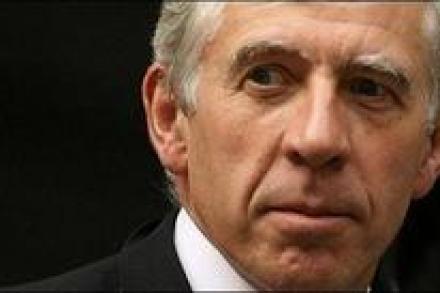The Third Man for the third way
Peter Mandelson’s Machiavellian streak runs deep. Like the wily Florentine, Mandelson wants to retire to the country to farm and be close to the earth; but first, there is the small matter of a book for political princes. In this morning’s Times, Mandelson has written an exhaustive plug for his forthcoming book, The Third Man: Life at the heart of New Labour. In the course of writing his publisher’s press release, Mandelson makes two important points: one historical and one current. He admits his greatest mistake was to broker Blair and Brown’s deal in 1994; the soap opera that followed, Mandelson argues, would never had occurred had they fought it



















